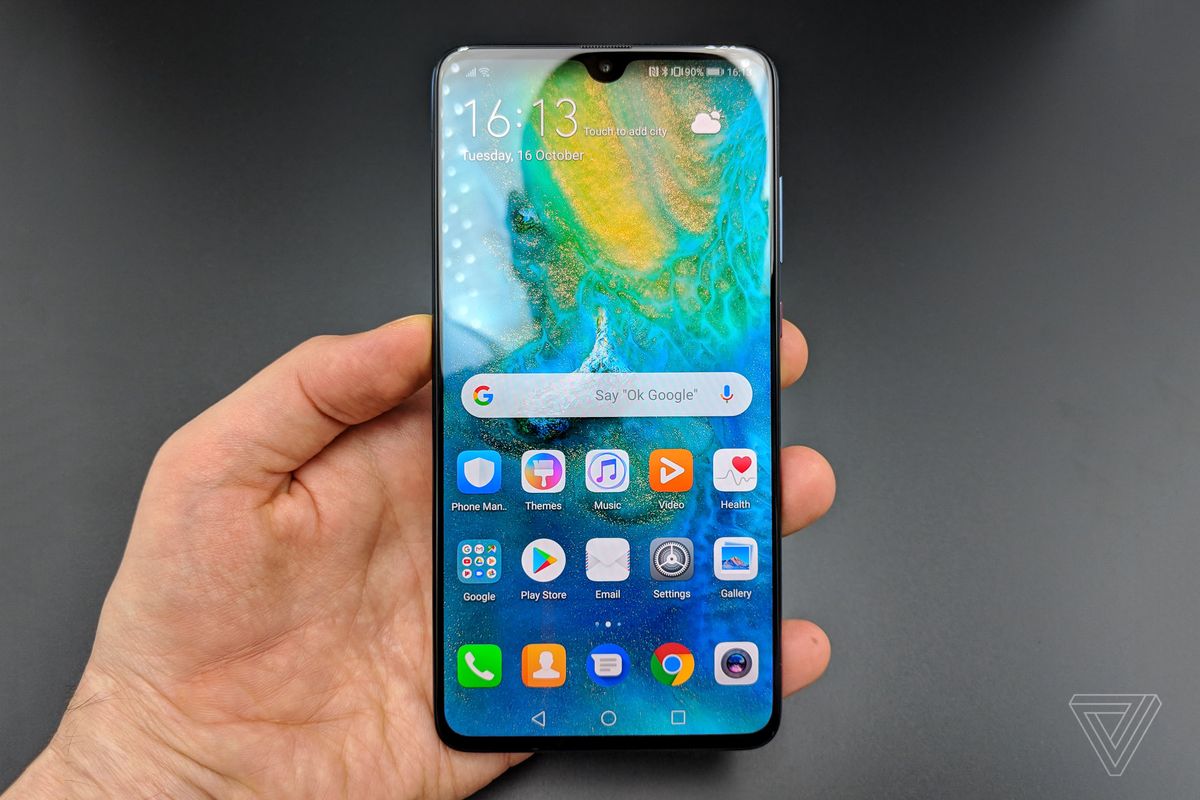Tech giant Google has announced to halt all operations with the world’s second largest Smartphone manufacturer Huawei as part of Trump’s trade blacklist. In the 3rd week of May 2019, Trump administration had added Huawei in their trade blacklist and owing to that it will be extremely difficult for Huawei to do business with US companies. Google is one of the US companies with the highest number of consumers in the world using its open-source operating system Android.
Huawei will continue to have access to the licensed open source version of the Android operating system, which is available for everyone to use.
Google went on twitter and resleased the following statement for Huawei users “For Huawei users’ questions regarding our steps to comply w/ the recent US government actions: We assure you while we are complying with all US gov’t requirements, services like Google Play & security from Google Play Protect will keep functioning on your existing Huawei device”
Following in the footsteps of Google, a number of top American chipmakers – including Intel, Qualcomm, and Broadcom – halted their business transactions with Huawei, after Donald Trump’s executive order that declared Chinese tech giant Huawei a national security risk . The companies are said to have told their employees that no new shipments will be made “until further notice.”
Huawei has been granted a 90-day US general license as a grace period, allowing the Chinese telecom to maintain its existing networks and provide users with software updates even as it prepares for exile on a Commerce Department blacklist.
While Android-powered Huawei phones would continue to function at a basic level, users would be unable to download operating system updates, and new Huawei phones would only run the open-source version of Android
Some analysts are concerned Beijing in retaliation might curtail US access to the rare earth minerals Huawei’s competitors need to manufacture their devices.
Huawei became the number-two mobile manufacturer last year, edging out Apple. The company has reportedly been developing its own mobile operating system since 2012 as a contingency plan should they find themselves cut off from the US market, wary of meeting the same end as fellow Chinese telecom ZTE, which was forced to close its doors for months after a similar blacklisting was imposed on them.
Menu








